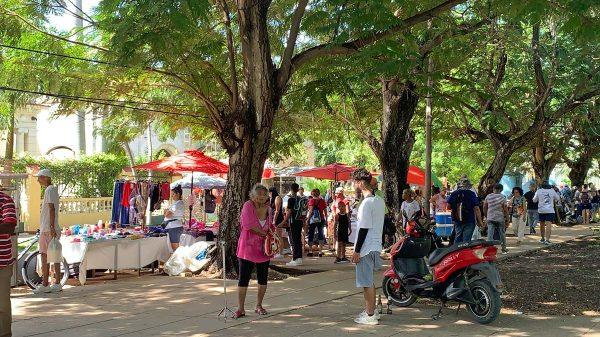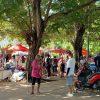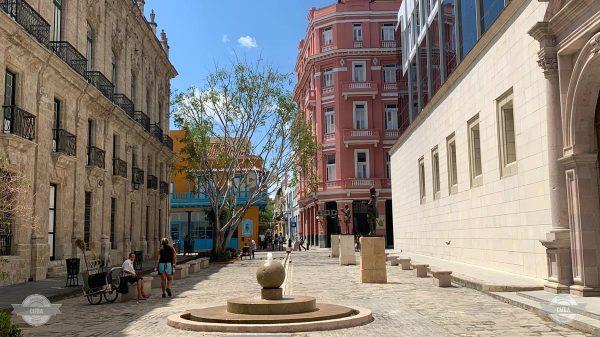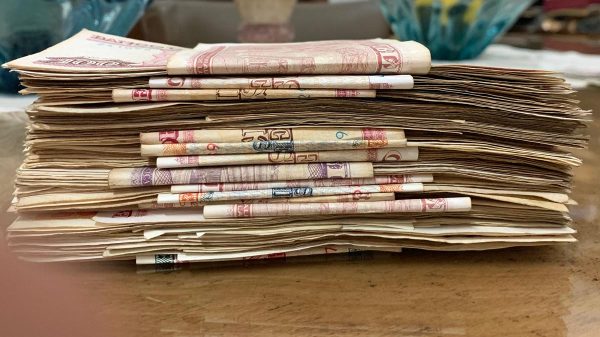Cuban President Raul Castro spoke to members of Cuba’s National Assembly on Friday outlining factors affecting Cuba’s economic outlook for 2016. The GDP growth rate of 1% for the first half of the year, 50% of earlier government forecasts was due to a variety of factors. Declining oil imports, exports and the continued embargo by the U.S. has cause a “tense and stressful” economic situation that will limit growth for the rest of the year. The Cuban economy by comparison had expanded to 4% in 2015.
“This result was due to external financial constraints caused by falling export prices and the limitations faced by some of our major trading partners, due to falling oil prices,” Mr. Castro said in his speech.
The Cuban Economy Minister Marino Murillo had earlier stated that Cuba will be faced with tough economic and energy restrictions in second half of 2016.
The Cuban President stated that Venezuela’s devastating economic crisis “has caused additional stress on the Cuban economy.” Venezuela has been unable to meet the supply of oil to Cuba in exchange for the professional services of teachers, doctors and advisors.
Declining global commodity prices in Cuba’s traditional exports of nickel, refined oil, sugar, tobacco and rum are also factors contributing to the current economic crisis.
The U.S. embargo against Cuba continues to negatively effect the nation’s economy. Cuba is still unable to use the U.S. dollar for commercial transactions. Mr Castro said of the economic blockade, “Three months after President Obama’s announcement that he would lift the prohibition on Cuba using the USD for international transactions, we have still not been able to make a single payment or cash deposit in that currency.”
Recent debt restructuring agreements with foreign creditors continue to be honored by Cuba.
Cuba’s current socioeconomic situation is stronger now as it’s economy is more diversified and earning hard currency from sectors such as tourism. These factors contradict rumors of imminent economic collapse or a return to what is known as the “Special Period.” The “Special Period” was severe economic crisis experienced by Cuba in the 1990’s after the loss of the trade relationship with the Soviet Union.
Cuba’s leader said, “We are prepared to confront this situation although we do not deny it may severely affect the population. There is no room for improvisation and even less for pessimism.”
Belt-tightening measures by the government include the closure of some government offices for the summer and reduced working hours in an effort to cut costs to all non-essential expenses. Services affected include public transportation, a reduction of work days at state institutions, a 50% reduction of gas allowances for government vehicles and power blackouts in an effort to reduce electricity consumption.
The government is now focusing on activities to increase revenue generating investments and exports, to reduce the dependency on imports, to fortify infrastructure development, and to further promote energy conservation policies.
“The speed of these changes and transformations will be conditioned by our ability to do things right, which has not always been the case,” Mr Castro added.
The government has said these austerity measures will not affect essential social services to the population or industries such as tourism or nickel.
Photo courtesy of Radio Havana Cuba
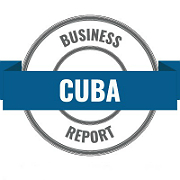
From our staff writers and editors.







